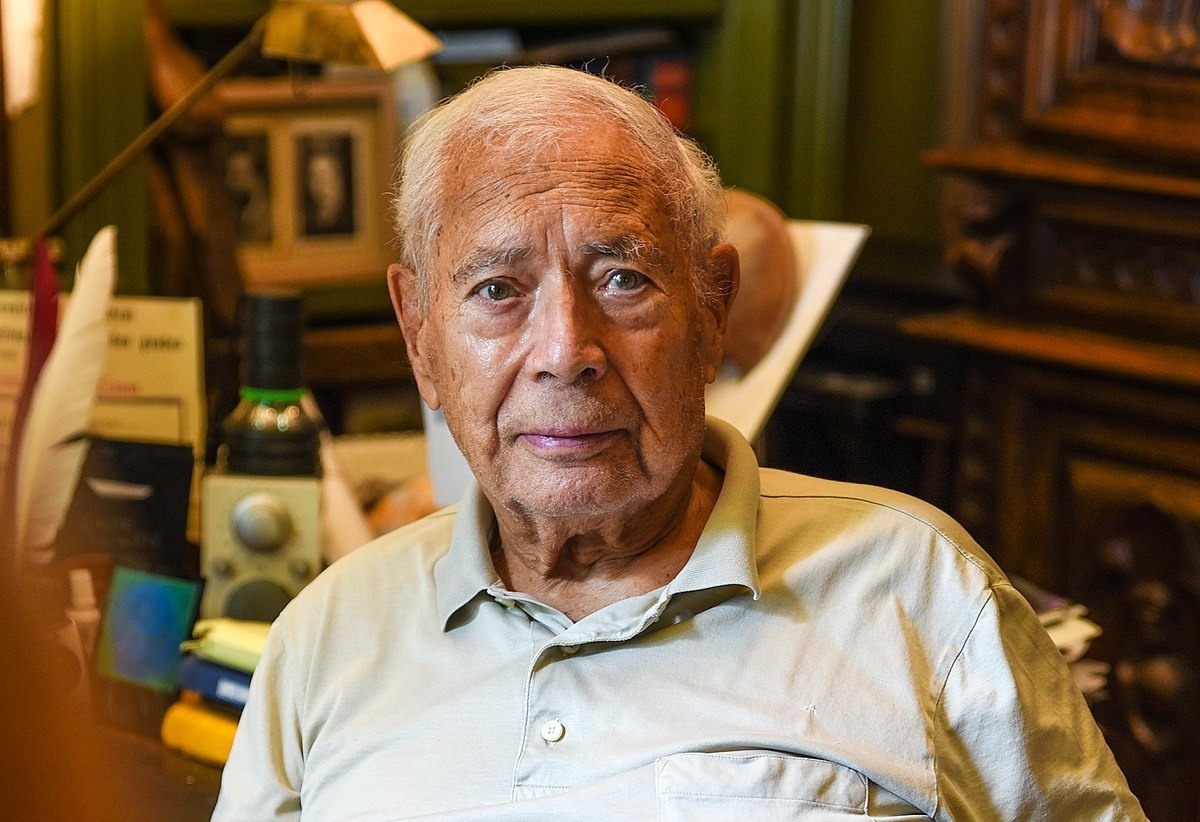Professor Michel Valentin Marcel Jouvet was a French neuroscientist, the leading sleep scientist of the 20th century, and effectively one of the founding fathers of European sleep science. In an article dedicated to his death in 2017, The New York Times referred to him as the one “who unlocked REM sleep’s secrets.” He was a member of the Academy of Sciences and received numerous awards, including multiple nominations for the Nobel Prize, which he never received. In 1951, when he completed medical school, the knowledge about brain function was limited; as Jouvet described, it was as if the head were stuffed with cotton wool.
Ten years later, having accumulated some money, he established a modest laboratory for studying sleep in cats. During the same period, he published a small article that laid down the basic rules of polysomnography, which remain the gold standard for sleep recording to this day. This includes electroencephalography (EEG), electrooculography, and electromyography. However, as noted by the medical portal uMEDp, Jouvet used the term “polygraphy,” considering “polysomnography” a nonsensical mixture of Greek and Latin.
He became one of the early discoverers of the rapid eye movement (REM) phase. It was discovered slightly earlier by Kleitman and Aserinsky, and Jouvet called it the phase of paradoxical sleep. He was once amazed to see a cat in a sleeping posture but with EEG readings showing typical of wakefulness. Hence, the phase earned the name “paradoxical.” The scientist wrote a note next to the EEG data that the cat pretended to be asleep.
According to Canadian researcher Barbara Jones, the renowned neuroscientist studied the brain structure and the chemicals responsible for different sleep and wakefulness states. He determined that the pons (a region of the brainstem) controls REM sleep. Discover describes one of Jouvet’s experiments in which he removed a part of the cat’s pons, after which the sleeping cat behaved as if it were in a dream state—it hissed, scratched, and bit as if it was hunting or defending itself.
Jouvet believed that paradoxical sleep was neither sleep nor wakefulness but something else entirely. It was a fantastic combination of brain activity and muscle relaxation. It was like inward-directed wakefulness.
The scientist faced ridicule from colleagues, and it took several years for Jouvet’s discovery to be confirmed by other independent laboratories. Afterward, he transformed his laboratory and the Department of Experimental Medicine at the University of Lyon into a leading sleep research center.
Get all the latest news about lucid dreams via our channels on Telegram, Facebook, Twitter




